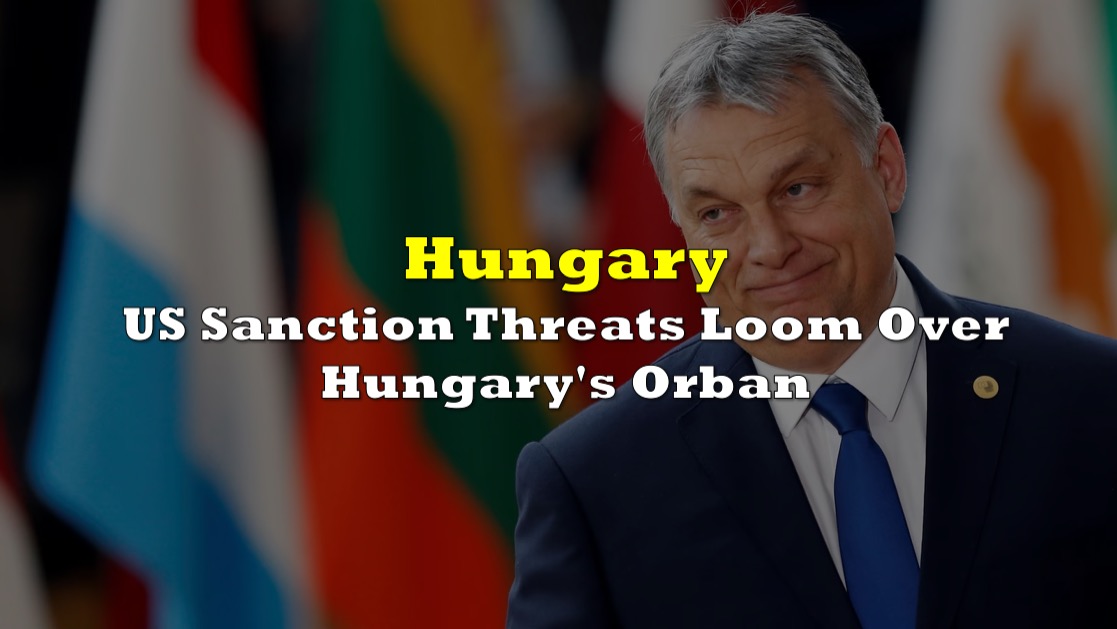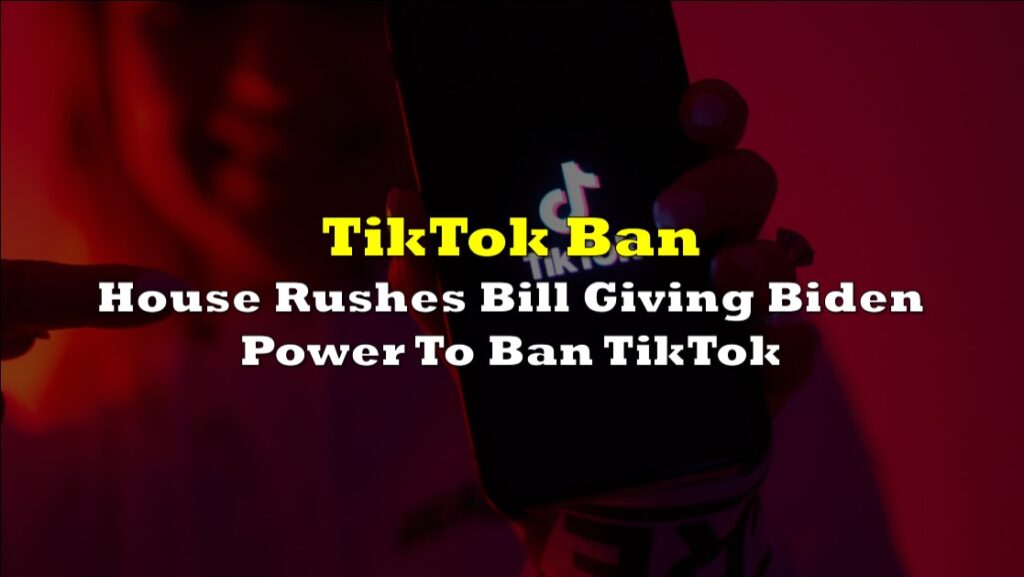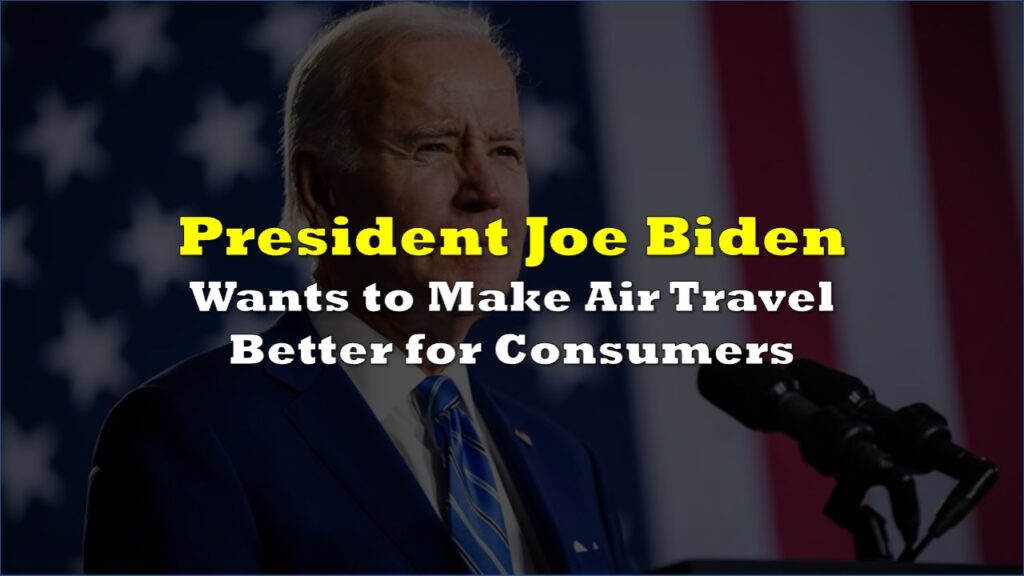The US-Hungary relations is characterized to be strenuous at best. However, the tenacity of that thin line is nearing its stress test as Washington sanction threats get uncomfortably closer to the European country’s comfort zone.
Recently, the United States has imposed sanctions on more than 120 targets in response to Moscow’s invasion of Ukraine, including entities and companies across various jurisdictions that may have links to Russia.
However, this move involved sanctions against majority Russian-owned International Investment Bank (IIB) in Hungary, as well as its current and former executives. The Treasury Department also issued punitive measures against the former IIB board chair, Nikolay Kosov, as well as two top management executives, Georgy Potapov and Imre Laszlóczki.
While many feared that bringing the Hungarian-based, Russian-owned bank within the sanctionsphere will muddle further the tense relations between the two countries, Hungarian Prime Minister Viktor Orban sought to bring down the temperature between his government and the United States following the sanctions.
Orban agreed that IIB “could have played a serious role in developing Central European economies,” adding that the already limited effectiveness of the bank has been effectively “ruined” following the sanctions.
“(The bank’s) operations have been rendered impossible. It can’t serve its function,” Orban said. “We decided that under these circumstances, Hungary’s participation in the bank’s further work has become pointless.”
The prime minister doubled down, saying Hungary has “good relations with the Americans.”
“The United States is our friend and an important ally as well,” Orban added, noting that while Hungary “never agreed with the sanctions (against Russia),” they “don’t dispute anyone’s right, including that of the United States, to impose sanctions if they see fit.”
The country’s conciliatory stance is far from Orban’s rhetoric back in 2014 when his government launched anti-American accusations and speculations after then-US President Barack Obama’s administration sanctioned six Hungarian citizens, banning them from entering the country due to corruption.
But now, with US President Joe Biden leading the charge, Orban seems a bit more receptive to the West. This despite that, according to leaked Pentagon documents based on intelligence, the Hungarian prime minister listed the US as one of the top three adversaries of his party, Fidesz, at an internal political strategy session.
According to a pro-government source in Budapest who told The Guardian, Orban did not expressly designate the US as a top foe, but rather the Biden administration, claiming that this was a “important difference.”
Actions vs. words
The sanctions and Orban’s pronouncements come alongside Hungarian Foreign Minister Peter Szijjártó’s diplomatic moves within the same week. He travelled to Russia the Tuesday following Easter to finalize new energy accords. On Wednesday, the day sanctions were imposed, he returned to receive the Moscow-allied Belarusian foreign minister in Budapest, Sergei Aleynikov, President Alexander Lukashenko’s self-proclaimed main diplomat.
Following Szijjártó’s travel to Moscow to sign a series of energy accords, Politico reported that Oleg Ustenko, Ukraine’s president’s economic adviser, Volodymyr Zelenskiy, stated that Budapest’s new energy deals with Russia would simply prolong the conflict in Ukraine.
“If you’ve seen the video where Russians cut the head off a Ukrainian soldier, the Hungarians are paying for the knife,” Ustenko said.
The Hungarian government also maintains cordial relations with Iran. Szijjártó even hosted the Iranian Minister of Economy, Esfandiar Rahim Mashaei, in Budapest in November 2022.
And while Hungary announced its plan to withdraw its delegates from the IIB, it expressed dissatisfaction with US pressure.
“We accept and understand that we represent different positions, but we don’t understand why pressuring other states to change theirs is necessary,” Szijjártó said at a press conference. “Hungary is a state, therefore it should be treated as one, instead of a colony.”
Critics regard Orban as Russian President Vladimir Putin’s closest partner in the European Union (EU). His government’s opposition to Sweden’s NATO membership has strained relations with Washington, and until the end of March, Budapest had been delaying Finland’s bid to join as well. Hungary has also prevented Ukraine from attending multiple high-level NATO meetings since 2017.
However, Mate Kocsis, the leader of the parliamentary party Fidesz, recently suggested that Hungary may lift the blockage on Sweden’s NATO entry this spring.
While the US and Hungary are both NATO members, the two countries have stark differences on global stage. Despite criticism from US and EU authorities, Orban’s government continues to campaign against EU sanctions on Russia, to seek energy deals with Moscow, and to withhold from supplying weapons to Ukraine.
Circling Orban’s allies
A bipartisan group in Congress is proposing US sanctions against major Hungarian political figures linked to the Orbán government, particularly former officials and government sympathizers, most of whom are affiliated with the prime minister’s Fidesz party.
According to people involved with the drafting process, the legislation has been in the works since last year and is anticipated to be introduced in Congress as soon as next month, when it is expected to garner broad support.
The law, if passed by Congress and signed by Biden, would authorize the Secretary of State to blacklist specific persons.
Relations between Washington and Budapest, a NATO and EU member, are already strained due to Orban’s strengthening relations with Russia and China, as well as what Brussels perceives as a retreat on democracy and freedoms.
According to US Ambassador to Hungary David Pressman, the Hungarian government, unlike other NATO members, has rejected US concerns concerning the IIB’s operations. Compared to other Eastern European countries, which cut ties with the IIB after Russia launched its full-scale invasion of Ukraine in February 2022, Hungary just withdrew representatives from the bank after the sanctions have been imposed.
“Hungary has dismissed the concerns of the United States government regarding the risks its continued presence poses to the alliance,” Pressman said. “We have concerns about the continued eagerness of Hungarian leaders to expand and deepen ties with the Russian Federation.”
Parliamentary speaker László Kövér said on pro-government Hír TV last week that Pressman “is one of the least classy ambassadors ever to set foot on Hungarian soil representing his own country.”
Orban also jokingly juggled the surname of the ambassador in his February speech to the country, stating “Pressman” comes from “press,” which means “pressure,” and that they should not send anybody with the surname “Puccini,” which comes from the word “putsch,” to Hungary. Putsch is a term similarly referred to a coup d’état.
But Budapest’s response to the recent US sanctions has shown that the Hungarian administration is really concerned and willing to cave under pressure until Orban’s joke comes true.
According to Transparency International’s Corruption Perceptions Index, Hungary is ranked as the most corrupt EU member state in 2022.
Information for this briefing was found via European Pravda, Radio Free Europe, AP News, The Guardian, and the sources mentioned. The author has no securities or affiliations related to this organization. Not a recommendation to buy or sell. Always do additional research and consult a professional before purchasing a security. The author holds no licenses.









